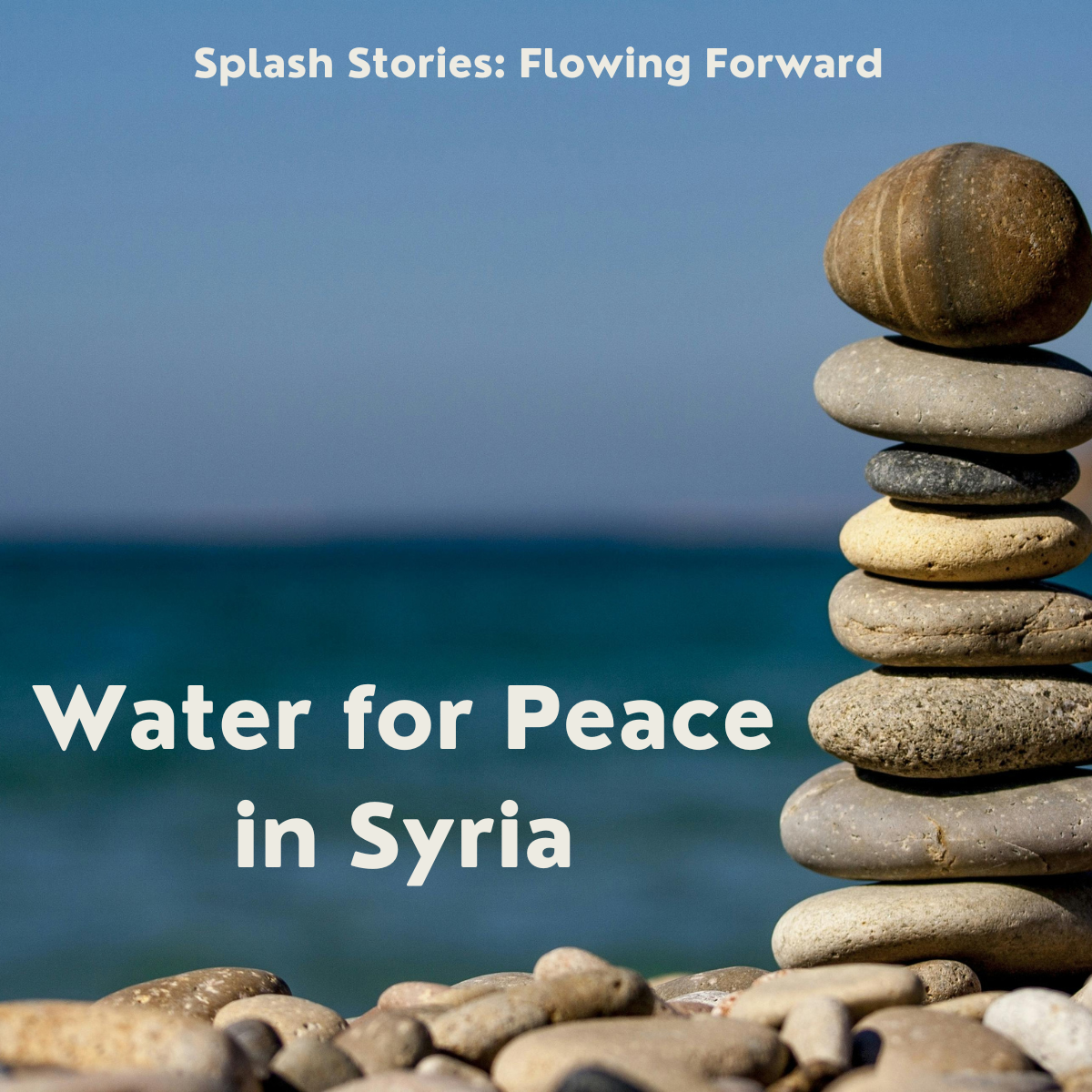Ripples of Change: Water Diplomacy and Conflict Resolution in Syria

Navigating the Waters: Understanding and Addressing Syria's Water Crisis
For years, Syria has grappled with a deepening water crisis, a challenge exacerbated by ongoing conflict. As we mark World Water Day, it's crucial to shed light on the dire conditions faced by Syrians, who endure severe scarcity and lack access to safe drinking water. This predicament leads to waterborne illnesses, sparking outbreaks like cholera in north-eastern Syria. Factors such as inadequate rainfall distribution, exacerbated by severe drought and diminished Euphrates River levels, along with damaged water infrastructure, have significantly restricted access to drinking water and domestic needs for countless Syrians. This crisis has resulted in substantial agricultural and financial setbacks, heightened rates of waterborne illnesses and malnutrition, and increased vulnerabilities, particularly among women and girls, posing additional risks to their well-being and safety.
The Complex Dynamics of Water Scarcity and Conflict in Syria
The relationship between water scarcity and peace in Syria has garnered widespread attention, largely influenced by significant research, including a notable paper authored by Peter Gleick in 2014. Gleick's hypothesis outlines a sequence of events: climate change-induced pressures, including water scarcity, impact Syria's semi-arid climate, leading to severe droughts. These droughts, particularly the most severe one in 2006, prompted migration from the northeastern "bread basket" region to southern governorates, subsequently fostering economic strain and civil unrest. region, which isremains significant. Other perspectives suggest that effective water resource management could have mitigated environmental factors influencing the Syrian conflict.
Starting in 2006, Syria faced its most severe three-year drought on record, amid nearly 25 years of semi-arid climate conditions. This drought, compounded by years of water mismanagement and groundwater depletion, particularly affected the north-eastern agricultural region, which is crucial for Syria's agricultural sector. Water scarcity likely played a role in triggering the conflict, further exacerbated by deliberate targeting of water infrastructure by opposing factions. Over a decade of conflict has ravaged water facilities nationwide, posing a significant challenge to accessing safe drinking water for millions. Presently, Syria contends with up to 40% less potable water compared to a decade ago, with grave health hazards emerging, especially in Damascus, due to interruptions in water supply and deteriorating sewage systems.
Government policies, such as the removal of subsidies for farmers and efforts to integrate into the global market, alongside years of mismanagement, left rural farmers vulnerable, prompting migration and exacerbating civil unrest. Water management issues date back to the 1960s, with widespread adoption of diesel motor pumps for irrigation, despite legislative efforts like Water Law No. 31 in 2005 aiming to address water use.
Targeting Water Infrastructure: A Strategic Tactic in Conflict
Water infrastructure became a prime target during the conflict, facing direct attacks from both air and ground forces. The deliberate contamination of water sources compounded the crisis, rendering water undrinkable for local communities. Widespread looting of infrastructure and materials, coupled with frequent power shortages, further crippled water systems, leaving civilians to bear the brunt of consequences, including severe water shortages and health risks.
A Catalyst for Harmony: Water as a Path to Peace
Beyond its essential role in in quenching the thirst of thousands in Syria, water serves as a catalyst for collaboration, fostering unity, and diffusing tensions among communities. Despite the ongoing uncertainty surrounding the outcome of the civil war, water holds potential for contributing to the restoration of Syria's political, social, and economic framework, ultimately fostering regional stability. Efforts now focus on identifying areas where water rehabilitation can serve as a social mediator, initiating dialogue, and fostering reconciliation. Engaging local communities in water management can pave the way for collective negotiation and facilitate the path to peace.
Strengthening Cooperation in Water Management
Addressing historical grievances, increasing cooperative treaties, enhancing preparedness, implementing international protection laws, and promoting inclusive decision-making are crucial steps in strengthening cooperation in water management.
1. Addressing Historical Grievances: Conflicts over freshwater resources often stem from deeper historical grievances, reflecting broader geopolitical tensions. Strengthening networks and fostering formal and informal communication channels among countries regarding water resources remains a global challenge.
2. Increasing Cooperative Treaties: Historically, cooperative agreements like the water-sharing treaty between Syria and Jordan , Syria and Türkiye, Syria and Lebanon, Syria and Iraq have been pivotal in de-escalating hostilities. However, there's room for improvement.
3. Enhancing Preparedness: It is crucial to identify opportunities for better cooperation, offering insights on country readiness and policy pathways. Innovations like global early warning tools are pivotal to anticipate water-related issues, enabling proactive, climate-resilient solutions.
4. Implementing International Protection Laws: Initiatives like the Geneva Water Hub's guiding principles provide frameworks for safeguarding water sources during conflicts, emphasizing adherence to international laws. Calls for UN implementation of protection laws for water sources underscore the urgency of preserving freshwater ecosystems.
5. Promoting Inclusive Decision-Making: Gender-inclusive water governance ensures sustainable cooperation and peace. Integrating youth, women and local perspectives in crisis responses, especially in water-related contexts, fosters more resilient solutions. Continued efforts to incorporate gendered perspectives in water governance are essential for preventing conflicts and sustaining peace.
These efforts not only mitigate conflicts over freshwater resources but also foster sustainable peace and development in Syria and beyond.
A Call for Holistic Solutions
In conclusion, Syria's water crisis is deeply intertwined with its ongoing conflict, highlighting the urgent need for holistic approaches to address water scarcity, rebuild infrastructure, and promote cooperation. As we reflect on World Water Day, we should recognize the pivotal role of water in shaping Syria's future and commit to collaborative efforts aimed at ensuring access to safe and sustainable water resources for all.